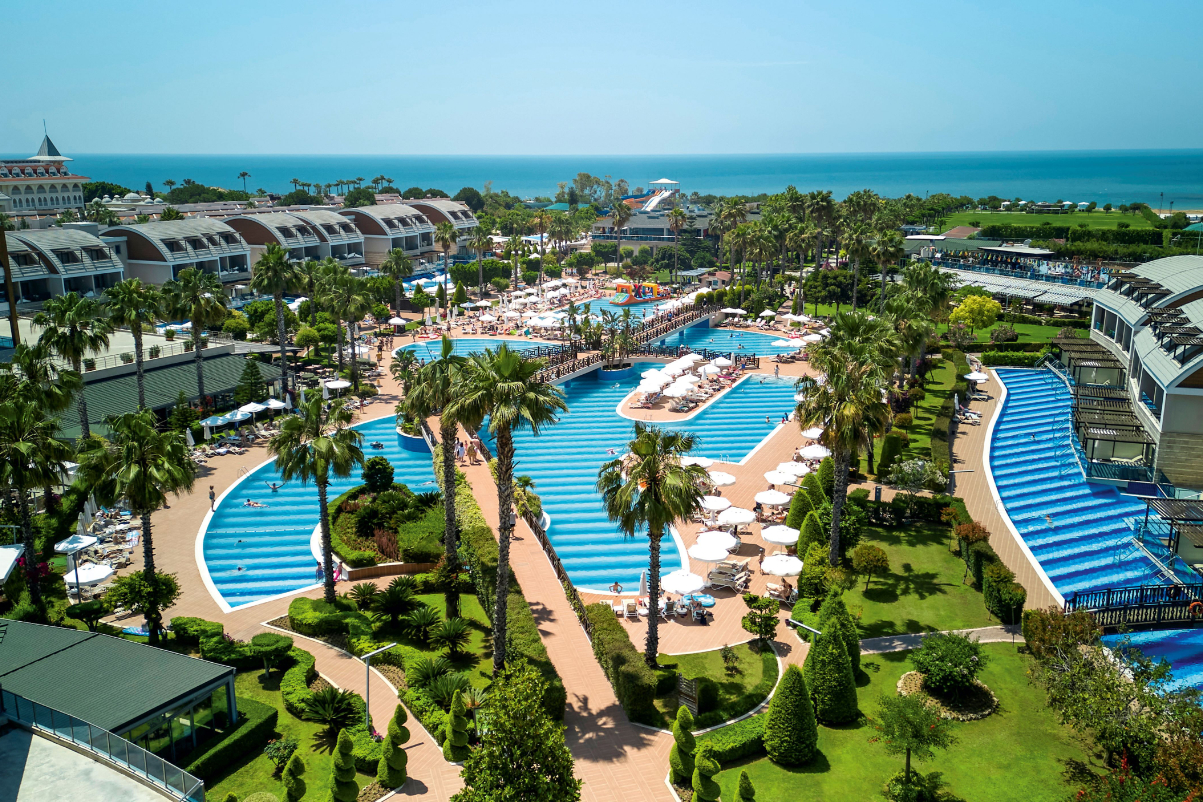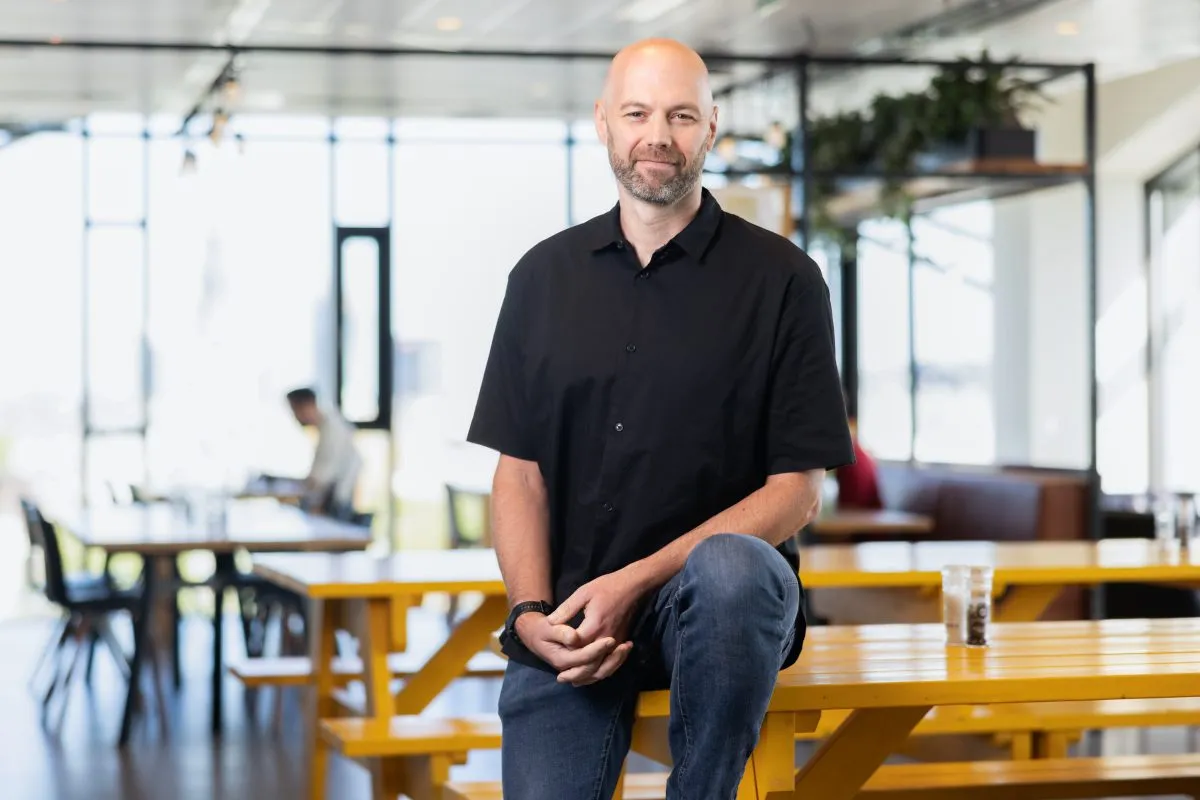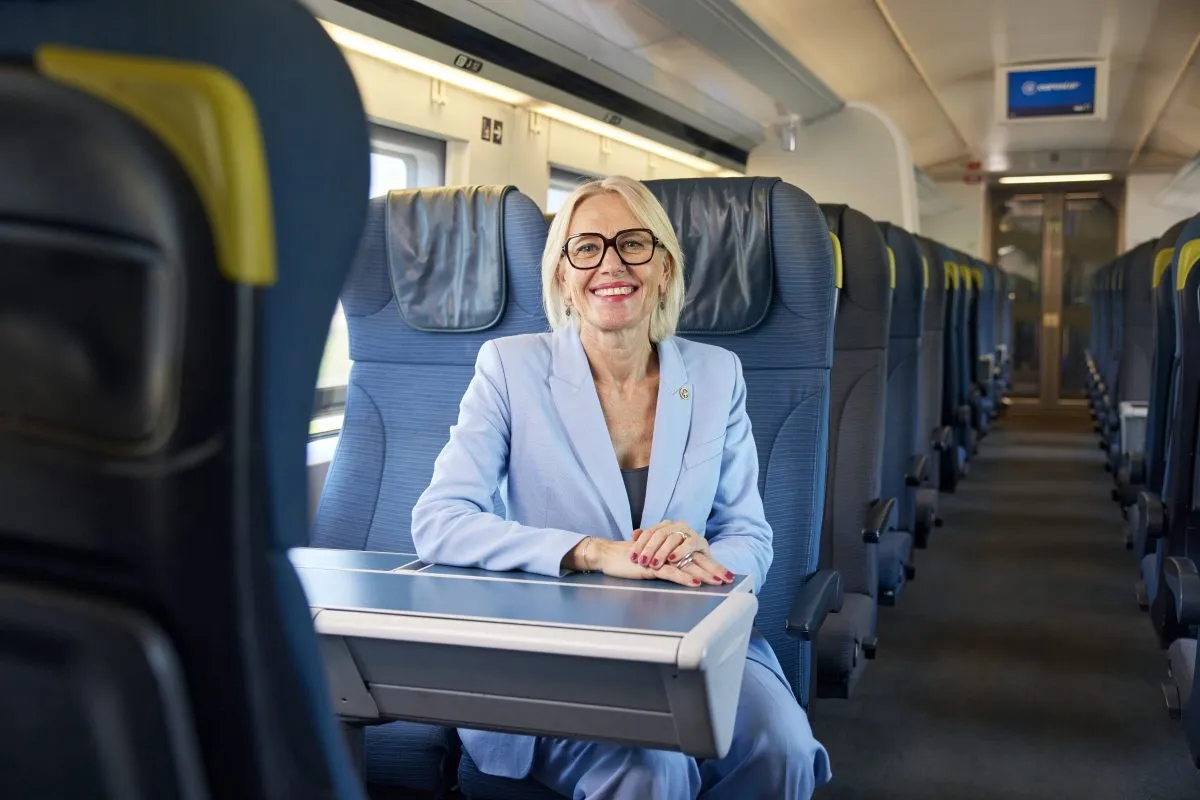Morocco Tourism Minister on Hosting The FIFA World Cup: 'Overtourism Will be a Challenge'

Skift Take
Morocco will co-host the 2030 edition of the FIFA World Cup, an immense opportunity for any nation, but one that has tourism chiefs worrying about where hordes of football fans will go. Overtourism is among Morocco's biggest concerns as it heads towards the sporting event, trying to make sure travelers don't swarm only the host cities.
"We’ve seen overtourism around the world, so we need to make sure we develop wisely. We need to make sure we don’t think only about the World Cup and the six cities," said Minister of Tourism Fatim-Zahra Ammor at the Future Hospitality Summit in Dubai this week.
Morocco will host a third of the games in 2030 with Spain and Portugal as the other two host nations. Matches will take place across Rabat, Tangier, Marrakech, Agadir, Fez, in addition to the Grand Stadium of Casablanca. Morocco, Spain, and Portugal will host 101 games of the World Cup, while Uruguay, Paraguay, and Argentina will host one opening game each.
The North African destination hasn't broken down traveler targets for the event yet, but we know Morocco expects 26 million tourists in the year it is co-hosting the games, almost double the number of travelers seen in 2023 (14.5 million). To allow for this surge, the country is expanding three major airports: Marrakech, Casablanca and Agadir.
The country is also adding 150,000 new hotel rooms by 2030.
The minister said on stage: "We will be building new stadiums and upgrading the others — six stadiums. From a tourism perspective, we need to expand our airports: Casablanca, Marrakech and Agadir, and we need to increase [hotel] capacities."
But with all this development — expected to cost $5 billion in total — minister Ammor has fears surrounding overtourism.
Avoiding Overtourism
Asked what would be the biggest challenge surrounding the event, she said: "We need to deploy our roadmap across the country. Morocco has really diverse experiences, we need to make sure all our regions benefit. This is a challenge. We tend to focus on where it’s easy, like Marrakech, but all our regions need to benefit."
To tackle this, she said Morocco tourism is looking at promoting — and investing in — experiences over accommodation, effectively giving travelers a more compelling reason to visit other parts of the country.
She explained: "We are focused on experiences rather than destinations. We want the whole country to benefit from tourism's development. We need to enhance airline connectivity, strengthen marketing and promotions, invest more in accommodation and entertainment, and focus on building a pool of talent to support this development."
At the same Dubai event, Imad Barrakad, Chairman & CEO The Moroccan Agency for Tourism Development, said the country is looking for private investment into 32 "ecosystems" alongside the six host cities to help spread out tourism demand.
He said: "We do not invest in accommodation ourselves, but we are gathering our stakeholders to develop destinations. For the FIFA World Cup, we need ecosystems. We'll have six host cities and more than 32 ecosystems to develop around them. It's important to bring private investors in to develop those."
Morocco's Roadmap
Morocco has outlined its 2023-2026 strategic roadmap to strengthen the country's travel and tourism sector. Tourism contributes 7% to Morocco's GDP and in the first half of 2024, the country welcomed 7.4 million tourists, reflecting a 14% rise compared to the same period in 2023.
To attract more international visitors, Morocco is investing heavily in its aviation sector. National carrier Royal Air Maroc plans to expand its fleet to 200 aircraft by 2037, while the country's airport capacity is set to double, reaching over 90 million passengers by 2035.





